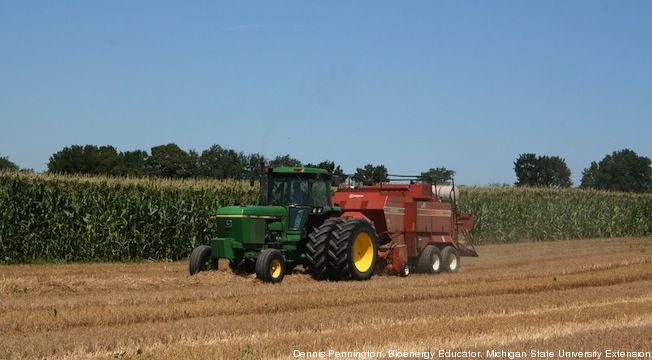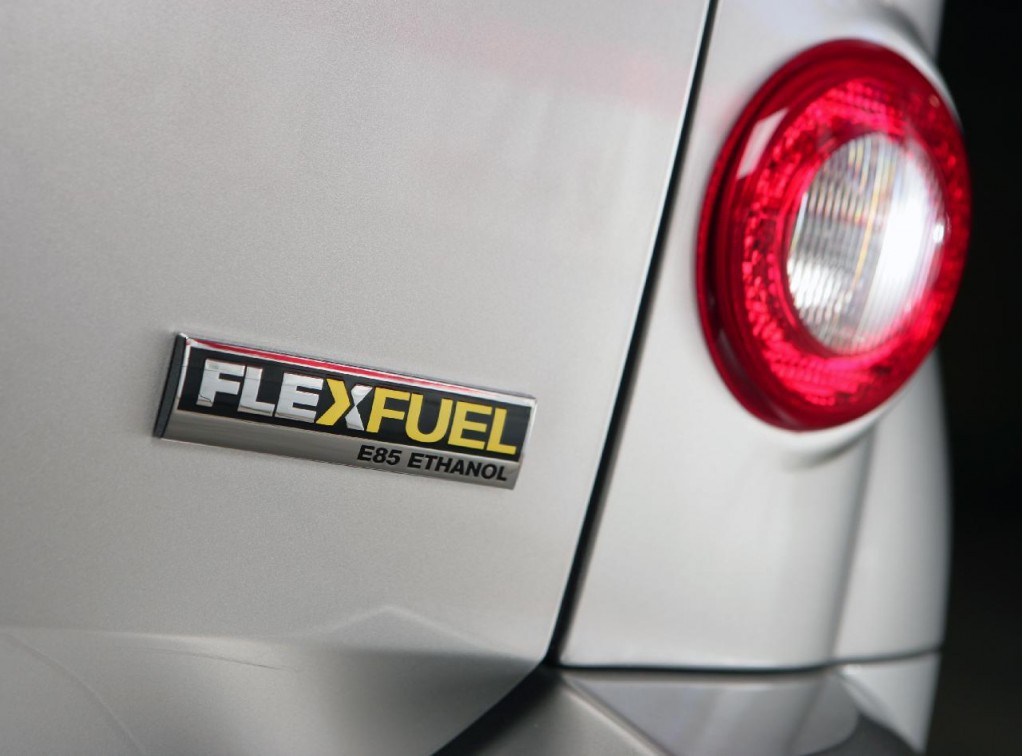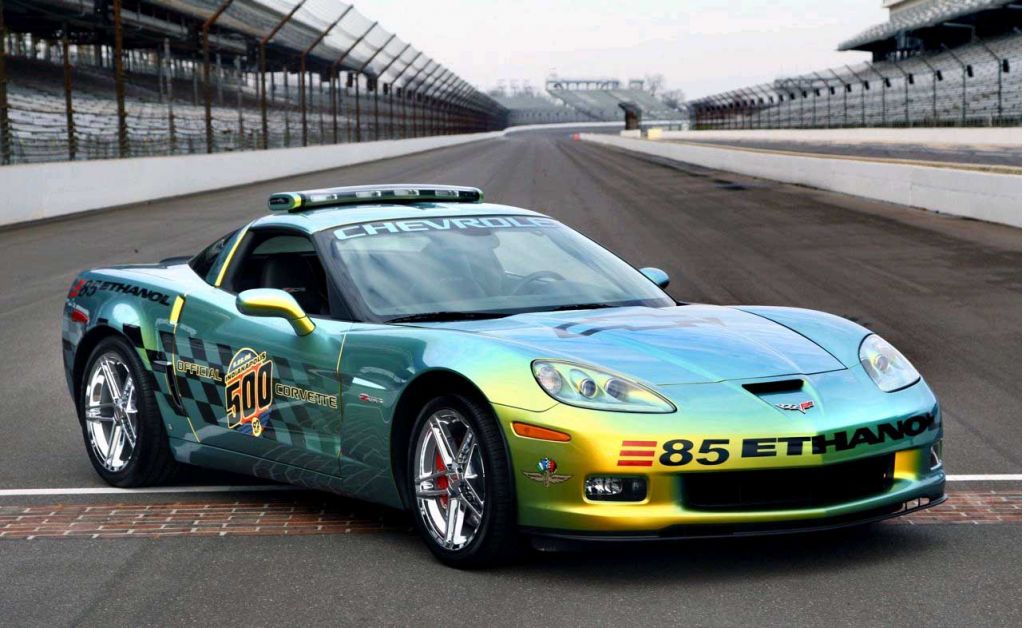A decade ago, the biofuel ethanol was viewed as one way to reduce the nation's consumption of oil for transportation fuel.
In 2007, Congress approved the Renewable Fuels Standard, which mandated increasing amounts of ethanol gradually be blended into the fuel supply.
Now, those rules could be struck down.
MORE: EPA Resets Ethanol Rules To Reflect Reality: Cellulosic Sources Don't Exist
Ethanol was seen as a homegrown way to reduce dependence on foreign oil and keep money spent on transportation fuel in the country, while cutting overall carbon emissions due to its theoretically carbon-neutral status.
But the bulk of U.S. ethanol was and remains based on distillation of corn, a far less efficient feedstock than either the sugar cane used in Brazil or the cellulosic sources that were expected to improve yields substantially.
Since 2007, sources of cellulosic ethanol simply haven't come on line in the volumes required to meet the EPA rules implementing the Congressional requirements.

Big square baler harvesting wheat straw for production of cellulosic ethanol
Meanwhile, the fracking boom, stringent new corporate average fuel economy regulations, and the emergence of modern plug-in electric cars have lessened the national security and environmental impetus for the ethanol mandate.
So roughly eight years after the Renewable Fuels Standard was passed into law, a bill that would end the ethanol mandate entirely has been introduced, The Hill reports..
Called the "Corn Ethanol Mandate Elimination Act of 2015," the bill was introduced Thursday by Senators Dianne Feinstein (D-CA) and Pat Toomey (R-PA), with Semator Jeff Flake (R-AZ) as an additional cosponsor.
RELATED: Flex-Fuel Vehicles And E85: Why Ethanol Isn't Making Its Numbers
The legislation had originally been introduced as an amendment to the bill approving the Keystone XL Pipeline--which President Barack Obama vetoed last week.
The Senators argue that the current rule drives up the price of corn, which in turn causes food prices to rise. They claim 40 percent of the U.S. corn crop is currently used for fuel production.
They also claim the ethanol mandate discourages the development of other alternative fuels, and that refiners will soon hit a "blend wall"--at which point no more ethanol can be added to gasoline.

FlexFuel badge on E85-capable 2009 Chevrolet HHR
Adding more ethanol to gasoline supplies could cause "problems for many gas stations and older automobiles," Sen. Feinstein said in a statement,
Most drivers currently pump E10--a mixture of 10 percent ethanol and 90 percent gasoline--into their tanks.
The Environmental Protection Agency (EPA) has approved E15--a 15-percent ethanol blend--for vehicles from 2001 or later, but few station operators have chosen to spend the money to install the necessary "blender pumps" to sell it.
ALSO SEE: EPA Proposal Would Cut 2014 Ethanol Mandate By 20 Percent
"Flex-Fuel" vehicles can also run on 85 percent ethanol--or E85--but that fuel is available at less than 2 percent of gas stations nationwide, meaning most of them only ever burn gasoline.
The move to end the ethanol mandate drew immediate criticism from the Renewable Fuels Association trade group.
There is "simply no truth" that using ethanol for fuel drives up food prices, Bob Dinneen--the group's head--said in a statement, adding that ethanol blends are typically cheaper than pure gasoline.

E85 Corvette Racer
But even without legislative threats, the Renewable Fuels Standard has been in trouble for some time.
The rule's ethanol targets are based on volume, meaning they don't account for an overall decrease in fuel consumption.
That's a problem, because over the past few years new cars have become more fuel-efficient, and Americans haven't increased the number of miles they drive each year.
This led the EPA to propose cutting the requirement by 20 percent in 2013.
Soon after regulators were forced to face the reality that cellulosic sources--which constitute a separate part of the mandate from corn ethanol--essentially didn't exist.
That's left corn ethanol as the only substantial part of the mandate remaining. If this new bill passes, America's dream of an ethanol economy will likely end.
_______________________________________________












